Does that mean Moscow had given up on Georgia? Far from it. Moscow may have adopted a more gradual and sophisticated approach, but the objective remains the same: subjugating Georgia and thereby asserting Russian hegemony over the Caucasus region, thereby blocking Western access to the Caspian basin and Central Asia.
Staff Publications
Kazakhstan's Snap Election
Diplomatic Courier
March 25, 2015
http://www.diplomaticourier.com/channels/ballot-box/2511-kazakhstan-s-snap-election
Kazakhstan’s decision to hold early presidential elections in April, a year ahead of time, comes at a time of turmoil for the country. Generally considered a success story of the post-Soviet space, Kazakhstan faces a number of simultaneous storms, ranging from the declining oil price and fallout of sanctions on Russia to the general geopolitical instability resulting from the Russian-Ukraine war and uncertainty concerning Afghanistan’s future. Against this background, the decision to hold the election a year ahead of time raises the question whether Kazakhstan’s prized stability is in question.
Understanding Turkey's Tilt
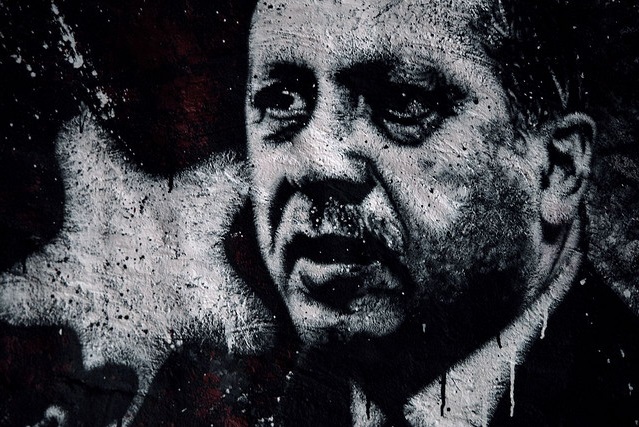 Turkey has never been an easy ally for the United States.The key question for American policymakers is whether dealing with Turkey today is fundamentally different than it has been in the past. In the Journal of International Security Affairs, Svante E. Cornell argues Turkey has indeed changed in ways that cause fundamental harm to the U.S.-Turkey alliance. Click here to download.
Turkey has never been an easy ally for the United States.The key question for American policymakers is whether dealing with Turkey today is fundamentally different than it has been in the past. In the Journal of International Security Affairs, Svante E. Cornell argues Turkey has indeed changed in ways that cause fundamental harm to the U.S.-Turkey alliance. Click here to download.
(Image: Thierry Ehrmann, used under license.)
Dueling Mosques and an American Beacon in Afghanistan
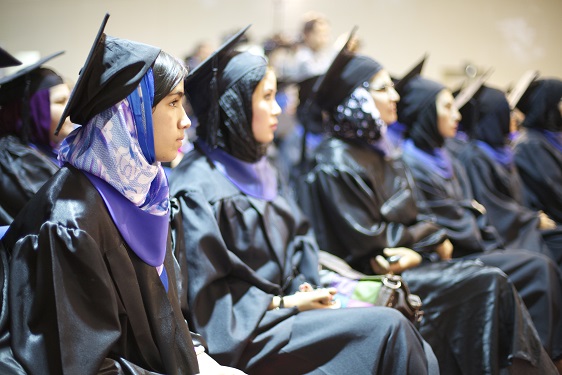 The Saudis and Iranians are building outposts in Kabul. Meanwhile, a U.S. university there needs bolstering.
The Saudis and Iranians are building outposts in Kabul. Meanwhile, a U.S. university there needs bolstering.
Georgia: Another Target in Russia's 'Near Abroad'
European Affairs
`Perspectives: Georgia—Another Target in Russia’s “Near Abroad”
Svante E. Cornell, Director of the Central Asia-Caucasus Institute & Silk Road Studies Program
Russia went to war with Georgia in 2008, in a manner that, at least with the benefit of hindsight, appeared a trial run for this year’s invasion of Ukraine. Since then, Russia has stirred trouble in Kyrgyzstan, Moldova, Azerbaijan, and as far as the Baltic States, while bankrolling right-wing extremist parties in European Union countries. It is remarkable, however, that after the 2008 war, Georgia seemed off the target list.
Is Georgia Slipping Away?
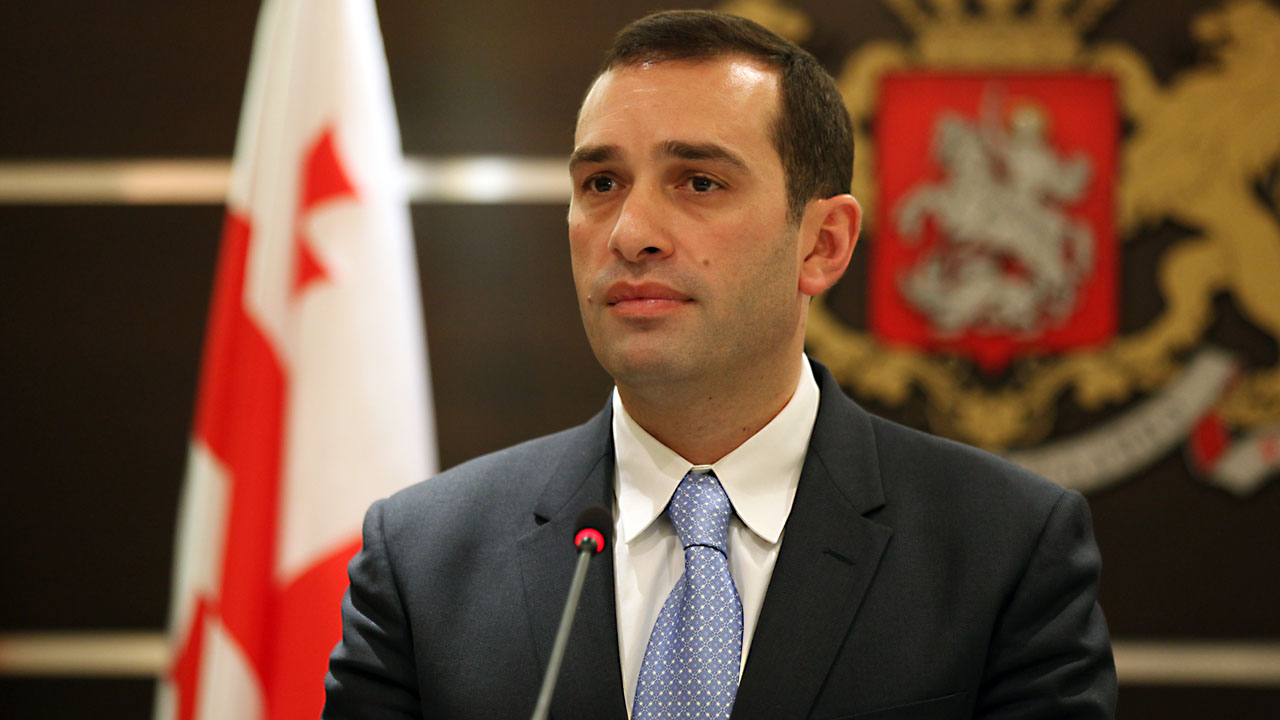
The sacking of Georgia’s pro-West Defense Minister and the resignation of its Foreign Minister has thrown the government into disarray and called into question the country’s Euro-Atlantic orientation.
Kobani and the future of Turkish democracy
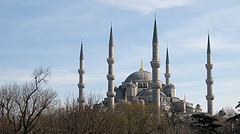 Turkey has anticipated Syrian President Bashar al-Assad’s downfall ever since protests first broke out in Syria in 2011. It has been disappointed at every turn, though, and now it is not only Assad who is in trouble but Turkey as well.
Turkey has anticipated Syrian President Bashar al-Assad’s downfall ever since protests first broke out in Syria in 2011. It has been disappointed at every turn, though, and now it is not only Assad who is in trouble but Turkey as well.
Why America Must Step Up Its Role in Resolving Armenian-Azerbaijani Conflict
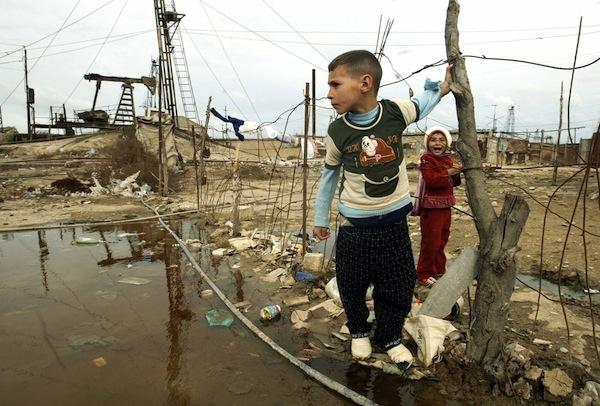
Stepping up America’s direct role in advancing a resolution to the simmering conflict in the Nagorno-Karabakh region between Armenia and Azerbaijan is an essential step to serve not only American interests, but to put Vladimir Putin on the defensive.
Cold Turkey: Reforming Ankara from the Outside In
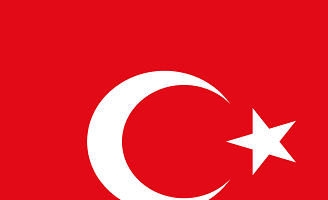 Turkey might seem like a confident rising power, but its
Turkey might seem like a confident rising power, but its
leaders fear being abandoned by the West as much as ever.
Checking Putin's Eurasian Ambitions
 Georgia and Azerbaijan can deny Moscow access to the Caspian Sea and Central Asia. But they need U.S. support.
Georgia and Azerbaijan can deny Moscow access to the Caspian Sea and Central Asia. But they need U.S. support.
Moderate Islam? Look to Central Asia
For more than a decade, the United States has been reaching out to the Muslim world, courting Islamic moderates even as it wages war with religious extremists.

